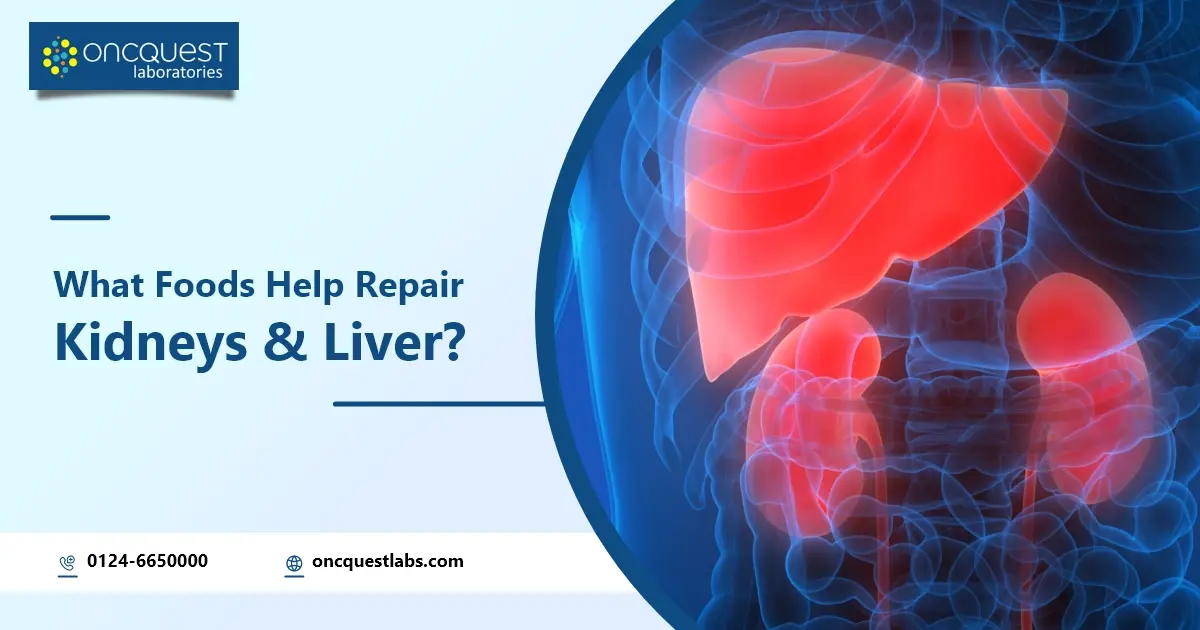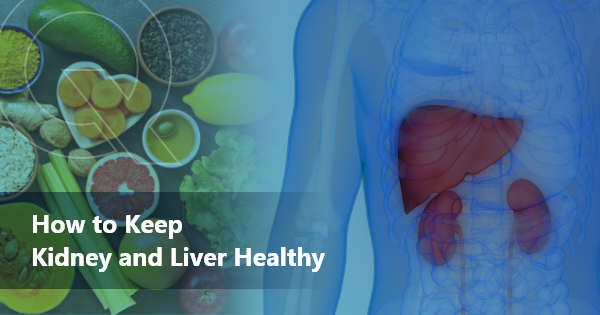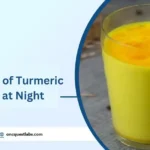The kidneys and liver are vital organs that play a crucial role in filtering toxins and waste products from the body. Maintaining their health is essential for overall well-being and longevity. While medical treatment and lifestyle adjustments are crucial, a balanced and nutritious diet can significantly support the repair and function of these organs. In this article, we will explore the foods that can help repair the kidneys and liver.
Introduction
The kidneys and liver are two of the body’s most essential organs, each with distinct but complementary functions. The kidneys act as the body’s filtration system, removing waste products and excess substances from the blood. The liver, on the other hand, is responsible for metabolizing nutrients, detoxifying harmful substances, and producing important proteins.
When these organs are compromised due to various factors such as poor diet, excessive alcohol consumption, or certain medical conditions, it can lead to serious health issues. However, a well-balanced diet rich in specific nutrients can aid in the repair and maintenance of these vital organs.
Contents
Kidney-Friendly Foods
1. Leafy Greens
Leafy greens like spinach, kale, and collard greens are rich in vitamins and minerals, particularly potassium. They are also low in sodium, making them an excellent choice for kidney health. Potassium helps regulate blood pressure and can counteract the negative effects of high sodium levels.
2. Berries
Berries such as blueberries, strawberries, and raspberries are packed with antioxidants, which can help reduce inflammation and protect the kidneys from damage.
3. Cauliflower
Cauliflower is a versatile vegetable that is low in potassium and phosphorus, making it an ideal choice for individuals with kidney issues. It’s also a good source of fiber and vitamin C.
4. Fish
Fatty fish like salmon, mackerel, and sardines are high in omega-3 fatty acids. These healthy fats can help reduce inflammation and improve overall kidney function.
5. Garlic
Garlic is known for its numerous health benefits, including its potential to lower blood pressure and reduce cholesterol levels. These effects can be particularly beneficial for individuals with kidney disease.
6. Olive Oil
Olive oil is a heart-healthy alternative to other cooking oils. It contains monounsaturated fats and antioxidants that can help protect the kidneys and improve overall cardiovascular health.
7. Red Bell Peppers
Red bell peppers are rich in vitamins A, C, and B6, as well as folic acid and fiber. They are low in potassium, making them a kidney-friendly choice.
8. Apples
Apples are a good source of fiber and vitamin C. The fiber content can help regulate blood sugar levels and improve digestion, which can indirectly benefit kidney health.
Liver-Boosting Foods
1. Turmeric
Turmeric contains curcumin, a powerful antioxidant with anti-inflammatory properties. Studies suggest that it may help protect the liver from damage and aid in its regeneration.
2. Leafy Greens
Once again, leafy greens like spinach and kale make an appearance, this time benefiting the liver. They help stimulate bile production, which aids in digestion and detoxification.
3. Cruciferous Vegetables
Vegetables like broccoli, Brussels sprouts, and cabbage are high in fiber and antioxidants. They support the liver’s detoxification processes and may even help prevent liver cancer.
4. Nuts
Nuts, particularly walnuts, are high in omega-3 fatty acids, which can support liver function and help reduce inflammation.
5. Green Tea
Green tea is rich in antioxidants called catechins, which enhance liver function and protect it from damage. It’s also known to help reduce fat buildup in the liver.
6. Olive Oil
Just as with kidney health, olive oil is a friend to the liver. It provides healthy fats that support the liver’s functions.
7. Fatty Fish
The omega-3 fatty acids in fish like salmon and mackerel not only benefit the kidneys but also help prevent fat buildup in the liver.
8. Garlic
Garlic’s sulfur-containing compounds activate enzymes in the liver that help clear out toxins. It also contains allicin, a natural antibiotic.
The Power of Hydration
While discussing foods for kidney and liver health, it’s crucial not to overlook the significance of hydration. Water is essential for both organ systems to function optimally. It helps in flushing out toxins and waste products, ensuring that the kidneys can effectively filter the blood and the liver can process nutrients and detoxify the body.
Adequate hydration also supports healthy blood pressure levels, which is vital for kidney function. Aim to drink at least 8 glasses of water a day, and adjust your intake based on factors like climate, physical activity, and individual needs.
Foods to Avoid
In addition to incorporating kidney and liver-boosting foods, it’s equally important to be mindful of foods that can potentially harm these organs. Excessive consumption of processed foods, sugary beverages, high-sodium foods, and trans fats can put unnecessary stress on both the kidneys and liver.
Limiting the intake of red meat and dairy products, which can be high in saturated fats and phosphorus, is also advisable for those with kidney concerns. Additionally, individuals with liver conditions should moderate their alcohol consumption or, ideally, abstain altogether.
Customizing Your Diet
Individual health conditions vary, and it’s essential to tailor dietary choices to specific needs. For instance, individuals with kidney disease may need to monitor their intake of certain minerals like potassium and phosphorus more closely. Consulting a registered dietitian or healthcare professional can provide personalized guidance based on specific health concerns.
Lifestyle Considerations
While a nutrient-dense diet is a cornerstone of kidney and liver health, it’s only one part of a holistic approach. Regular exercise, stress management, and getting adequate sleep all play crucial roles in overall organ function.
Physical activity helps improve blood flow, benefiting both the kidneys and liver. Additionally, stress reduction techniques like meditation or yoga can positively impact blood pressure and cortisol levels, contributing to organ health.
CONCLUSION
Maintaining the health of the kidneys and liver is crucial for overall well-being. A balanced diet rich in the mentioned foods can significantly support the repair and function of these vital organs. However, it’s important to remember that a healthy diet is just one aspect of kidney and liver care. Regular exercise, staying hydrated, and avoiding excessive alcohol and processed foods are also crucial components of a holistic approach to organ health. As always, consulting a healthcare professional for personalized advice is recommended, especially for individuals with pre-existing medical conditions. With the right care and attention, these remarkable organs can continue to serve the body well for years to come.





